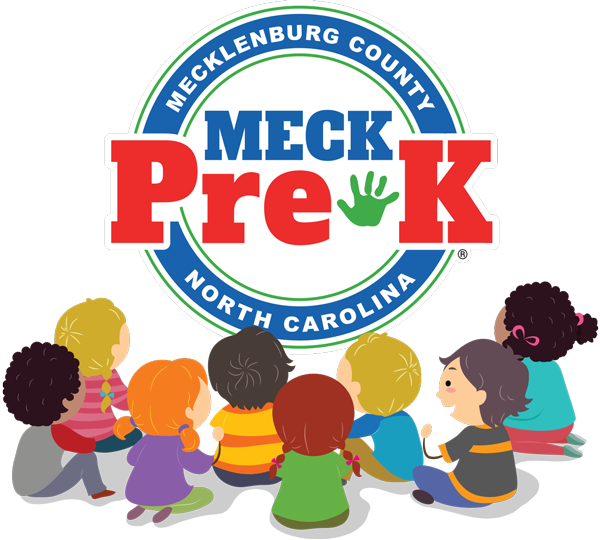Kids need us to know we are their biggest fans. And just telling them isn’t enough to build the self-confidence they require to become the person they’re meant to be.
Understanding how to build your child’s self-esteem sets them up for long-term success.
Why Self-Esteem & Confidence Matters
A huge part of childhood is learning, which requires trying new things. Positive self-confidence gives kids the drive to try their best and feel pride in their accomplishments.
At the same time, when a child has high self-esteem, they can accept and learn from mistakes and develop the coping skills to try again.
Children with lower confidence find it hard to feel acceptance from peers, and are less likely to join in on activities. As a result, the child is more likely to get bullied and miss out on learning opportunities.
A child with low self-esteem may also find it harder to grapple with mistakes or fail, so they may be less likely to try new things out of fear.
When a child possesses high self-esteem and confidence, they are more likely to succeed at school, at home, and with peers.
How Self-Esteem & Confidence Develops
The process of developing self-confidence starts during infancy by providing an infant with feelings of safety, acceptance, and love.
As a child enters toddlerhood and early childhood, they begin to acquire the ability to perform tasks independently and develop various skills.
Each opportunity a child gets to explore new activities and acquire fresh skills presents a chance for them to cultivate self-confidence.
Offering a young child undivided attention and an encouraging smile is a simple yet effective way to initiate their journey towards building self-esteem.
How Parents Can Build Self-Esteem & Confidence
The biggest thing to remember is that every child is unique and requires different things to build self-esteem.
Let’s explore methods of fostering a positive self-image in our children, enhancing their ability to pursue their dreams successfully.
Show how to do new things for the first time.
At each stage of development, children require assistance in acquiring new abilities such as speaking, dressing, and riding a bicycle.
However, it is equally important to allow children the space to make mistakes, as it grants them an opportunity to learn and experience a sense of pride.
Setting attainable goals serves as a favorable starting point, such as tidying up their toys and organizing them.
Praise, but don’t overpraise
Finding a delicate balance between praising and overpraising can be tricky. Offering praise to a child is crucial for nurturing their self-esteem, yet excessive praise can yield negative consequences. Additionally, if a child does not feel good about a situation, an overabundance of praise may appear hollow and insincere.
For instance, when a child loses a soccer game, it is better to acknowledge, “It wasn’t your best game, but everyone has bad days sometimes,” rather than declaring, “You played a great game,” if they believe otherwise.
Furthermore, praise should not solely rely on outcomes. It is important to recognize and appreciate effort, attitude, and growth just as much as achievements.
Unconditional love and connection
Regardless of success or failure, children need to understand that our love remains unwavering. When a child perceives parental love as contingent upon their performance and outcomes, it can erode their confidence and self-esteem.
Engaging in meaningful one-on-one activities with a child is a simple means of ensuring that our unconditional love transcends their triumphs and setbacks. Establishing connections during dinner or bedtime stories demonstrates our appreciation for who they are as individuals, beyond mere achievements.
And of course we can’t overlook the significance of play and enjoyment in their lives.
Discourage perfection by banning harsh criticism
A child must understand, particularly from a parent or guardian, that winning every time is not a realistic expectation. Perfection is unattainable, and it is important to convey this to the child.
Demonstrating to your child that effort and progress hold equal significance to results is essential. The language employed by a parent when communicating with their child significantly impacts their self-esteem.
The words a child hears to describe themselves shape their beliefs about their capabilities.
For example, labeling a child as “lazy” can undermine their motivation and have detrimental effects on their confidence and self-esteem.
How MECK Pre-K Can Build Self-Esteem & Confidence
MECK Pre-K can help your child build confidence. We recommend that you start thinking about pre-K as your child approaches the age of four. Pre-K is important to childhood development because it helps a young child build a solid foundation of self-esteem and confidence.
Introduces the joy of learning early
A child’s self-confidence grows with every learning experience. Pre-K offers an opportunity for a young child to learn and find joy in art and music and engage in age-appropriate technology and outdoor play.
As a child finds joy in the process of learning, they not only become more proficient learners but also cultivate a robust sense of self-esteem.
MECK Pre-K also provides language and literacy lessons, focusing on a print-rich environment.
Pre-K identifies strengths
Pre-K helps parents track what a child enjoys and does well. It gives you a better idea of what skills to foster and how to encourage your child to pursue their interests more fully.
As part of the MECK Pre-K curriculum, students can take on tasks that interest them and see them to completion.
Pre-K encourages feelings of belonging
Children start to notice when they’re being excluded, which affects their self-esteem and confidence. Pre-K allows a young child to learn social and emotional skills, including how to get along with peers and adults that aren’t their parents.
MECK Pre-K is Free Pre-K
MECK Pre-K is high quality free pre-K education open to all four-year-old children in Mecklenburg County. Classrooms are located in licensed childcare centers and taught by licensed teachers and highly qualified assistant teachers. MECK Pre-K is administered by Smart Start of Mecklenburg County and funded by Mecklenburg County.
Do you have a child who is not old enough for pre-K this year? Sign up for our email list and be notified when they’re eligible for MECK Pre-K. Simply go to MECKPrek.org/future-meck-pre-k-students and select your child’s age group.

